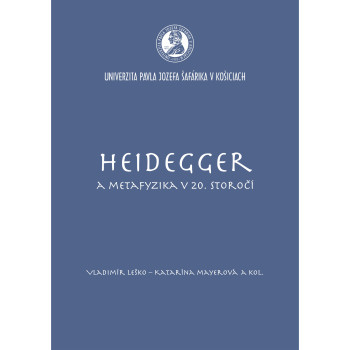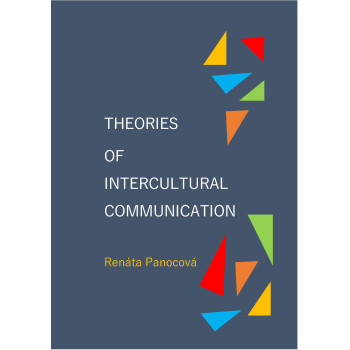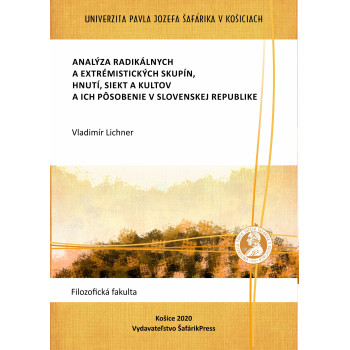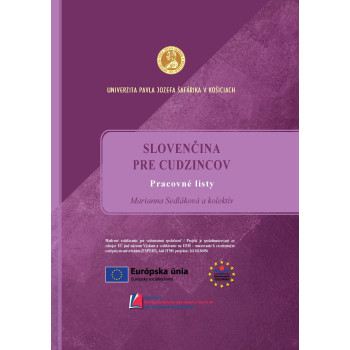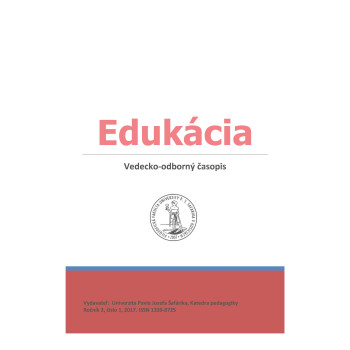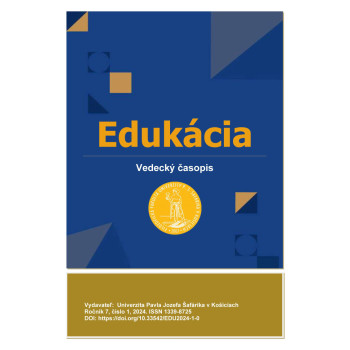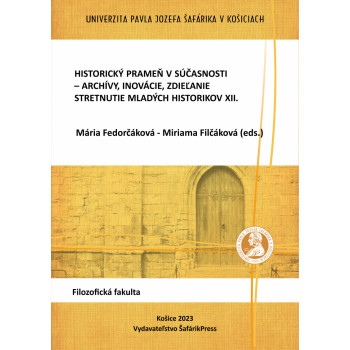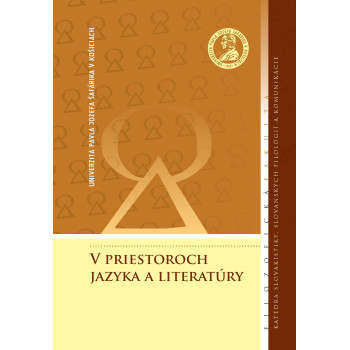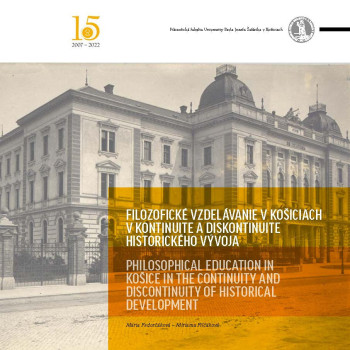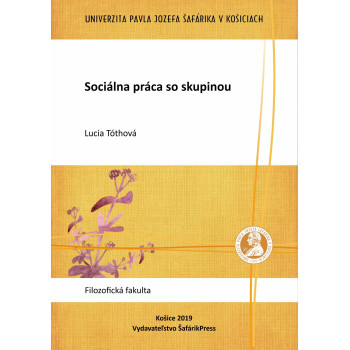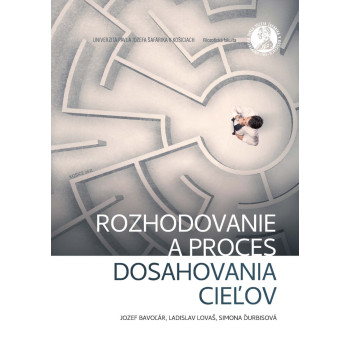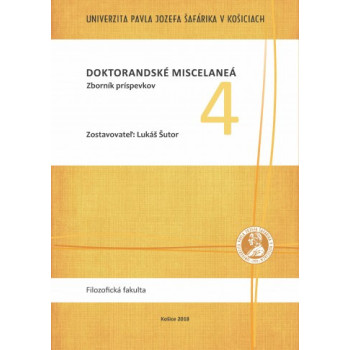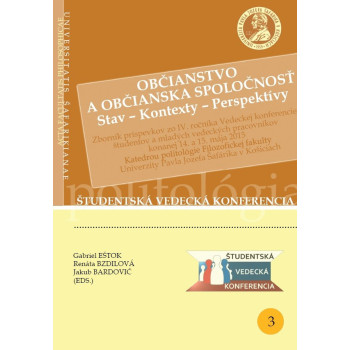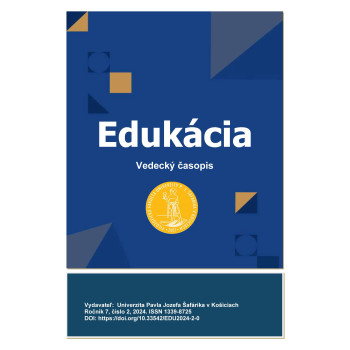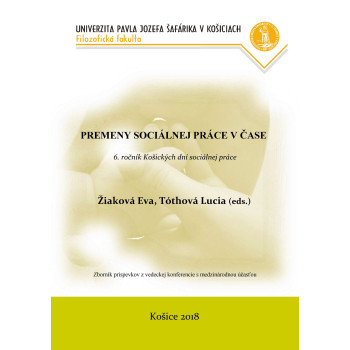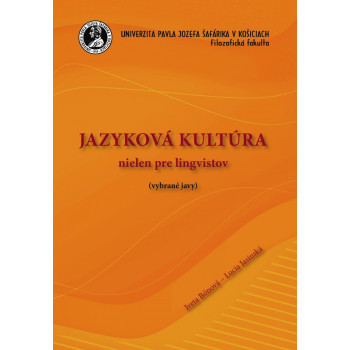
Heidegger a metafyzika v 20. storočí
E-book
Vladimír Leško, Katarína Mayerová a kol.
Kolektívna monografia Heidegger a metafyzika v 20. storočí je zavŕšením bádateľského úsilia Katedry filozofie a dejín filozofie Filozofickej fakulty UPJŠ v Košiciach v riešení grantového projektu APVV-14-0706. Monografia predstavuje pokus o vyrovnanie sa s uchopením problému Heidegger a metafyzika v kritickej konfrontácii s jeho najvýznamnejšími filozofickými súčasníkmi v chápaní a riešení daného problému. V prvom rade ide o snahu vyrovnať sa s otázkou metafyziky ako filozofického problému vo vlastnej Heideggerovej tvorbe tak, aby čitateľ mal možnosť najprv sa zoznámiť s jeho vlastným riešením tejto otázky v priereze celej jeho tvorby. To skúmajú prvé tri kapitoly našej práce, ktorých autormi sú Vladimír Leško a Richard Capobianco.



